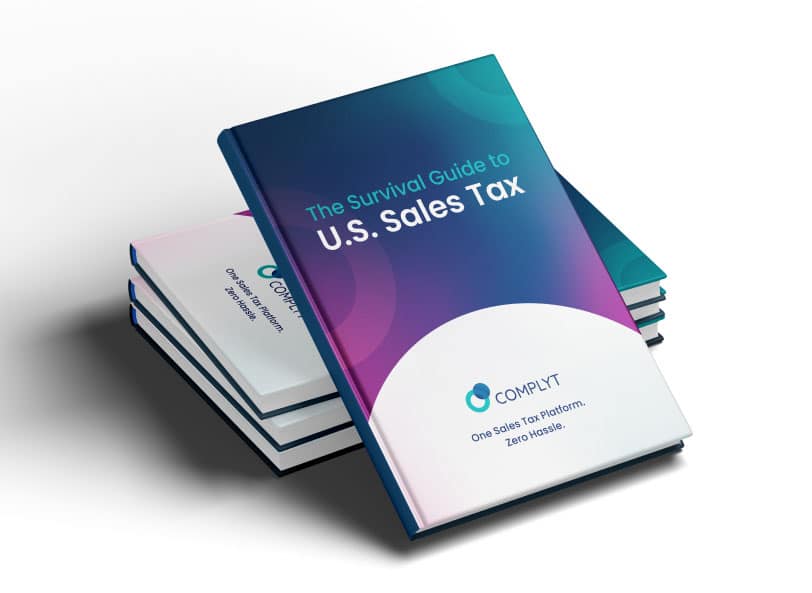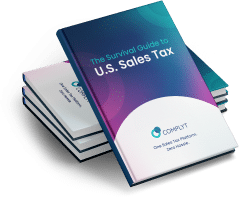What is the sales tax rate in Idaho?
In Idaho, the state imposes a sales tax on the retail sale of tangible personal property, certain services, and some digital products. The base state sales tax rate in Idaho is 6%, with local jurisdictions (such as cities and counties) having the option to impose an additional local sales tax of up to 3%, bringing the maximum sales tax rate to 9%. It’s important to note that not all localities in Idaho impose an additional local sales tax, so the rate will vary depending on the specific location of the sale.
When it comes to determining the sales tax rate for a particular transaction, businesses should consider both the state and local sales tax rates. The sales tax rate will be determined by the location where the buyer receives the product or service, known as the “destination-based sales tax system.” If the business delivers the product or service to the customer, the sales tax rate will be based on the customer’s address. If the customer picks up the product at the business’s location, the sales tax rate will be based on the business’s address.
When should your business collect Sales Tax in Idaho?
In Idaho, businesses are required to collect sales tax if they have a sales tax nexus within the state. Sales tax nexus refers to the connection or presence a business has within a state that requires it to collect and remit sales tax. There are a few ways a business can establish a sales tax nexus in Idaho: physical presence or economic nexus.
It is important to note that sales tax collection responsibilities may vary depending on the specific type of sale, the location of the sale, and any applicable exemptions. Additionally, businesses should be aware that certain services and digital products may also be subject to sales tax in Idaho.
Once a business determines that it has a sales tax nexus in Idaho and is required to collect sales tax, it must register for a sales tax permit with the Idaho State Tax Commission and begin collecting the appropriate amount of sales tax from customers.
Idaho Physical Sales Tax Nexus
A physical sales tax nexus in Idaho is established when a business has a tangible presence within the state. Once a business has a physical sales tax nexus in Idaho, it is required to register for a sales tax permit with the Idaho State Tax Commission and collect sales tax on applicable sales.
Sales Tax Physical Nexus checklist for Idaho
- Do you have a physical location in Idaho, such as an office, store, or warehouse?
- Do you have employees, agents, or representatives working in Idaho?
- Do you store inventory in Idaho, including in a third-party warehouse or fulfillment center?
- Do you attend trade shows, fairs, or other events in Idaho where sales are made?
- Do you have any other physical presence or activities in Idaho that may establish a sales tax nexus?
If you answered “yes” to any of the above questions, you likely have a physical sales tax nexus in Idaho and should register for a sales tax permit and collect sales tax on applicable sales.
Idaho Economic Sales Tax Nexus
In addition to a physical nexus, businesses can also establish a sales tax nexus in Idaho through economic activity. This is known as an “economic nexus” and is based on the amount of sales or the number of transactions a business conducts within the state. Idaho’s economic nexus threshold is triggered once a business exceeds $100,000 in gross revenue or 200 separate transactions in the previous or current calendar year.
Once a business meets or exceeds the economic nexus threshold in Idaho, it is required to register for a sales tax permit with the Idaho State Tax Commission and collect sales tax on applicable sales.
An important note: The economic nexus threshold applies regardless of whether the business has a physical presence in Idaho. This means that even out-of-state sellers who conduct a significant amount of business in Idaho may be required to collect sales tax.
Which services are taxable in Idaho?
In Idaho, services taxable services include:
- Lodging and accommodations
- Rental of tangible personal property
- Repair, cleaning, and installation services for tangible personal property
- Recreation and amusement services
Some services are specifically exempt from sales tax, such as professional services (e.g., legal, medical, accounting services), real estate transactions, and educational services.
Idaho Sales Tax on Products: How to Calculate What Your Business Should be Charging
Calculating sales tax in Idaho involves considering both the state and local sales tax rates, as well as any applicable exemptions. Here’s how to calculate the sales tax your business should be charging:
- Determine the Taxable Amount: Identify the total price of the taxable products or services being sold.
- Identify the Applicable Sales Tax Rate: Determine the combined state and local sales tax rate for the location where the buyer receives the product or service. Remember that Idaho uses a destination-based sales tax system.
- Calculate the Sales Tax: Multiply the taxable amount by the applicable sales tax rate.
- Apply Exemptions: If the sale qualifies for any exemptions, apply the appropriate exemption and adjust the sales tax accordingly.
- Charge the Customer: Include the calculated sales tax on the customer’s invoice or receipt.
How much is Idaho’s clothing tax?
As of now, there are no special exemptions or reduced tax rates for clothing in Idaho, so clothing is subject to the standard sales tax rate. Certain exceptions may apply, such as clothing sold for resale or clothing provided as part of a service.
Businesses should be aware of any exemptions that may apply to their sales and ensure that they are charging the appropriate sales tax rate on clothing sales.
Idaho Online Sales Tax: Are SaaS and Digital Services Taxable?
In Idaho, the sales tax applies to tangible personal property and certain services, but not to digital services or Software as a Service (SaaS) products. Well at least not yet. This means that businesses selling SaaS or digital services in Idaho generally do not need to charge sales tax on these sales.
However, it’s essential for businesses to stay updated on tax regulations, as sales tax laws can change over time. It’s also important to consider the specific details of the transaction and any potential exemptions that may apply.
SaaS Sales Tax Idaho: Should I be charging sales tax on SaaS?
As mentioned previously, SaaS and digital services are generally not subject to sales tax in Idaho. However, businesses should be aware of the specific details of the transaction, as well as any changes to sales tax regulations in Idaho.
As topics such as Idaho SaaS sales tax may soon become a vital compliance consideration, businesses need to stay up to date with the latest legislation updates from the Idaho State Tax Commission to ensure compliance with sales tax regulations.
How can a business get a sales tax permit in Idaho?
To collect sales tax in Idaho, a business must first obtain a sales tax permit. This permit allows the business to legally charge and collect sales tax on taxable sales.
Businesses can register online through the Idaho State Tax Commission’s Taxpayer Access Point (TAP) system or by completing a paper application.
When registering, be sure to keep vital information about your business handy, including your business name, contact information, type of business, Federal Employer Identification Number (FEIN) or Social Security Number (SSN), and information about your products or services.
It is important to note that a sales tax permit in Idaho is free of charge. However, businesses should register for a sales tax permit before making taxable sales in the state.
Collecting Sales Tax in Idaho as a Business
As a business owner, it is your responsibility to collect and remit sales tax in Idaho on taxable sales. Here are some key points to consider when collecting sales tax in Idaho:
Charge the correct tax rate: In Idaho, the state sales tax rate is 6%, but local jurisdictions may also impose additional sales taxes. Be sure to charge the correct sales tax rate based on the location of the sale.
Keep accurate records: Maintain detailed records of your sales transactions, including the amount of sales tax collected, the location of the sale, and any exemptions that may apply.
File sales tax returns: Businesses are required to file sales tax returns with the Idaho State Tax Commission, typically on a monthly, quarterly, or annual basis.
Remit sales tax: Pay the sales tax you collected to the Idaho State Tax Commission by the due date.
Keep up-to-date: Stay informed about any changes to sales tax laws or regulations in Idaho and ensure that you are charging the correct sales tax rate.
Idaho Tax Return Due Dates Explained
The frequency at which you are required to file sales tax returns in Idaho depends on the amount of sales tax you collect. Generally, the more sales tax you collect, the more frequently you are required to file. Here are the typical filing frequencies:
- Monthly: If your total tax liability is greater than $8,000 per year, you must file monthly.
- Quarterly: If your total tax liability is between $2,000 and $8,000 per year, you must file quarterly.
- Annually: If your total tax liability is less than $2,000 per year, you can file annually.
The due dates for filing sales tax returns in Idaho are as follows:
- Monthly filers: The 20th day of the following month.
- Quarterly filers: The 20th day of the month following the end of the quarter.
- Annual filers: January 20th of the following year.


